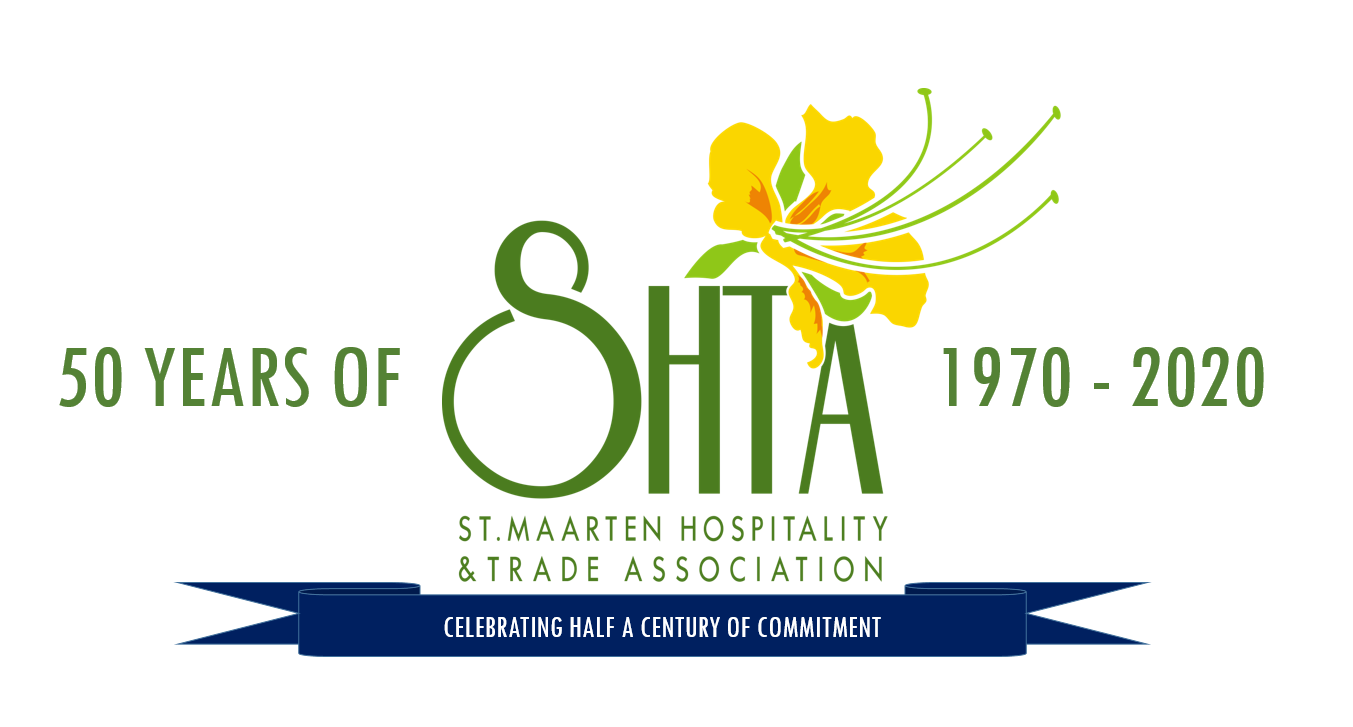In a joint statement The Sint Maarten Marine Trades Association (SMMTA), the Sint Maarten Timeshare Association (SMTA), the Indian Merchants Association (IMA), the Sint Maarten Hospitality and Trade Association (SHTA) and the Labor Union WIFOL pledged their collective support the proposal for urgent Economic support as presented by the SHTA. The Associations and the Labor Union urge government to approve robust measures to counter the economic fall out that surely will come from the worldwide COVID19 crisis; and its disruption to the travel industry and by logical extension all other industries on Sint Maarten along with other effects on the financial markets.
The associations and union applaud the initiative of government to project support over the upcoming 12 months, but suggests to implement a short-term package urgently for the immediate six months. The associations and the union in solidarity stated, it is urgent to reduce uncertainty of loss of income and loss of jobs as soon as possible for Sint Maarten’s employees and their households. Many other countries including our neighbors understand the long-lasting effects that this virus will have on the tourism/travel industry and thus their economies and have already implemented far reaching policies to alleviate the concern of its citizens. Some countries that have not yet announced measures, such as Anguilla, are already seeing mass layoffs of employees. By the Union and employers working together, we hope to reduce the necessity of layoffs here on St. Maarten.
Collectively the employers’ associations represent over 70% of the employed Labor Force on Sint Maarten. SHTA, IMA, SMMTA and SMTA are the internationally recognized Employers’ representatives for Sint Maarten by the International Labor Organization (ILO), whereas the WIFOL Union represents approximately 3000 members, all employees working under a collective labor agreement. Together the members of these associations contribute the most to the government coffers, via employee paid wage taxes, business paid turnover tax, room tax and profit tax.
The key elements the proposal presented to Government on March 19th are:
- A 90% Payroll Subsidy to all employers (including Government and NGOs) for the duration of 6 months. This will not only guarantee jobs in the private sector, but also in the public sector, as wage tax revenue will continue to make a large contribution to the funds needed to run the Government. Payroll expenses are by far the largest single business expense on Sint Maarten across all industries. Payroll liabilities, when these cannot be met, have the single biggest socioeconomic impact; people lose jobs and companies irreversibly close. All companies will be affected by the lack of tourism arrivals, unlike after the hurricane when construction took over as an economic driver.
- Reducing TOT to zero percent for the same amount of time. All associations request the TOT be set to 0% in order to stimulate local economic activity for longer on island circulation of funds and help reduce foreign reserve risk by spending more locally. 0% TOT will also have a deflationary effect on the cost of living as prices will go down by the tax percentage which is currently included in almost all prices; thus, stretching the assistance a longer way. With businesses closed there will be a significantly reduced contribution to government anyway and so it is a good opportunity to restructure this tax to be less destructive to our supply chain and the multiplier effect on the cost of goods.
All stakeholders express concern about the social aspects of the economic downturn. Increased unemployment leads to decreased income, lack of household necessities and hence an incentive for an increase in crime.
From the Labor Force survey 2018 it can be concluded that the average monthly wage-bill for the country is 62.5 million guilders. At 90% that amounts to 340 Million guilders over a 6-month period or US$180 Million. As most businesses are still seeking economic recovery after Irma there are little to no reserves in place to weather this storm. As the basis for calculations SHTA used the 2018 Labor Force Survey (LFS), the 2018 Business Census and the 2019 World Bank Trust Fund Report (WBTF).
Other channels of help may well be required to meet different needs, these can be provided in addition too, not in lieu of this proposal. We believe this is a fair and equitable distribution method that should be relatively easy to implement across all business sectors not just employers in the hospitality business because the payroll information already exists in the tax filings. The employers’ associations further mandated the largest of the four, the SHTA to speak on their behalf for continued representation and information.
The associations continue to plead with all government officials involved in this decision process to please include the business community in your deliberations so that we can add value towards developing the solutions, not only in the short term but in the longer term as well. To support research by the Ministry of Finance, a private sector survey is launched at shta.com/survey-covid19. Companies are kindly requested to fill this in as to compile an assessment of the national economic loss.


